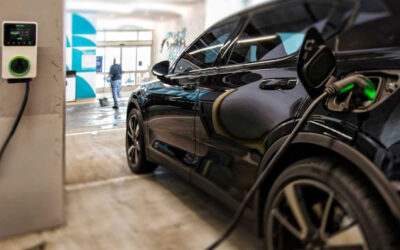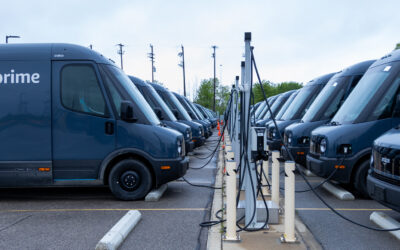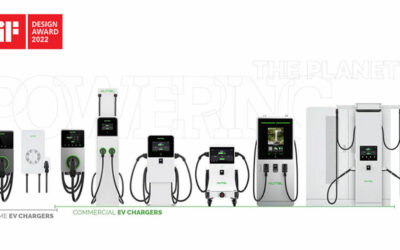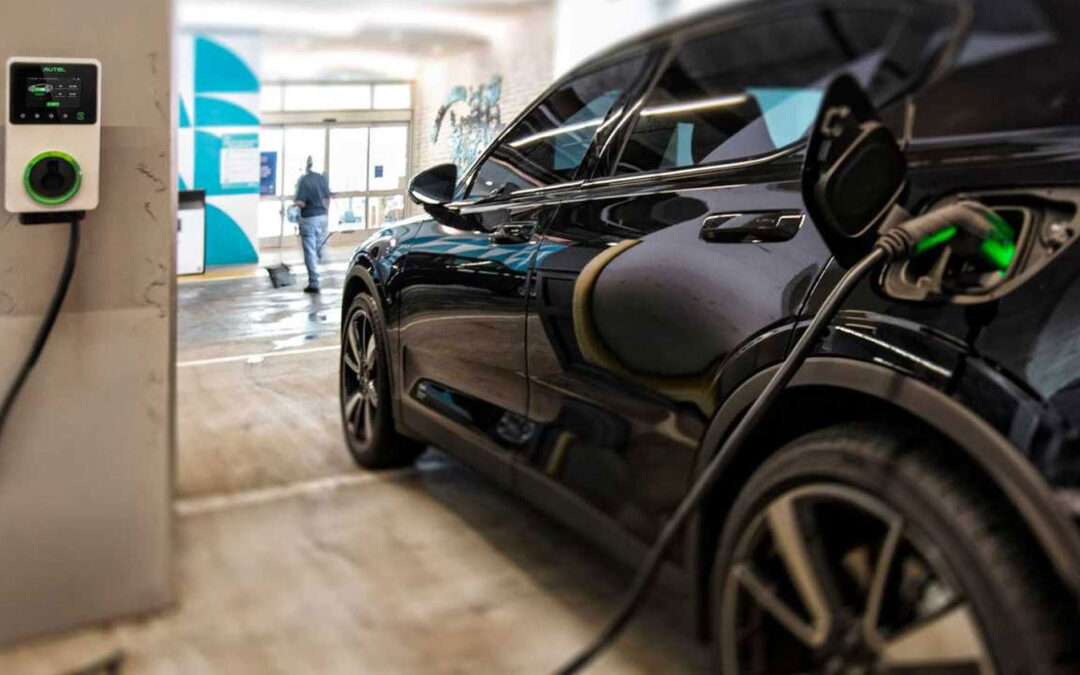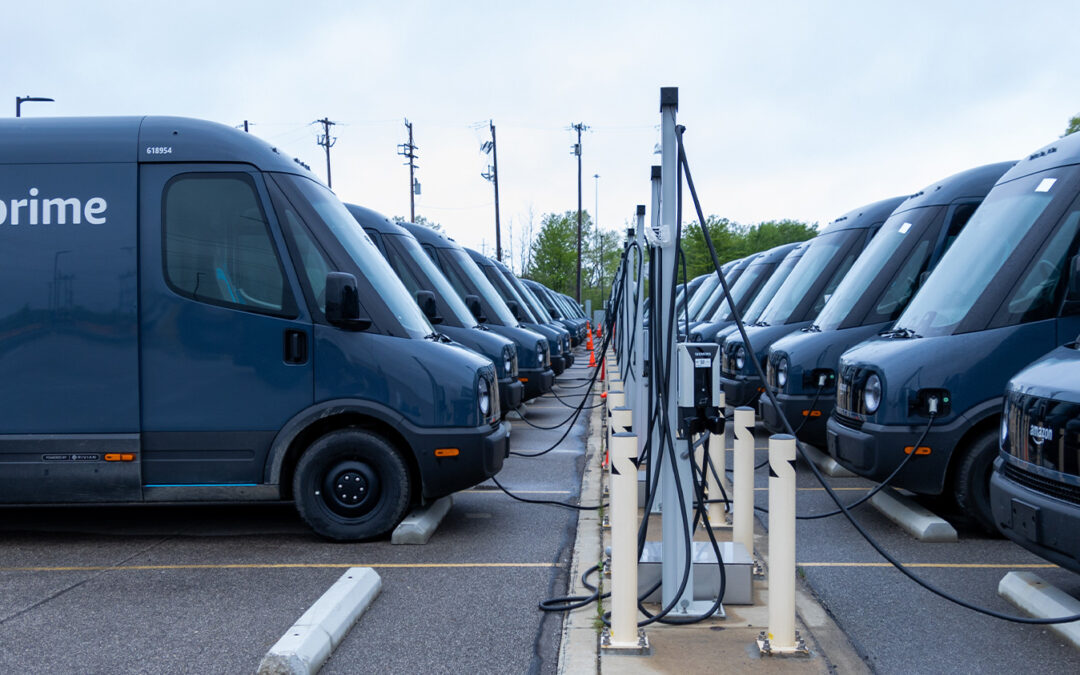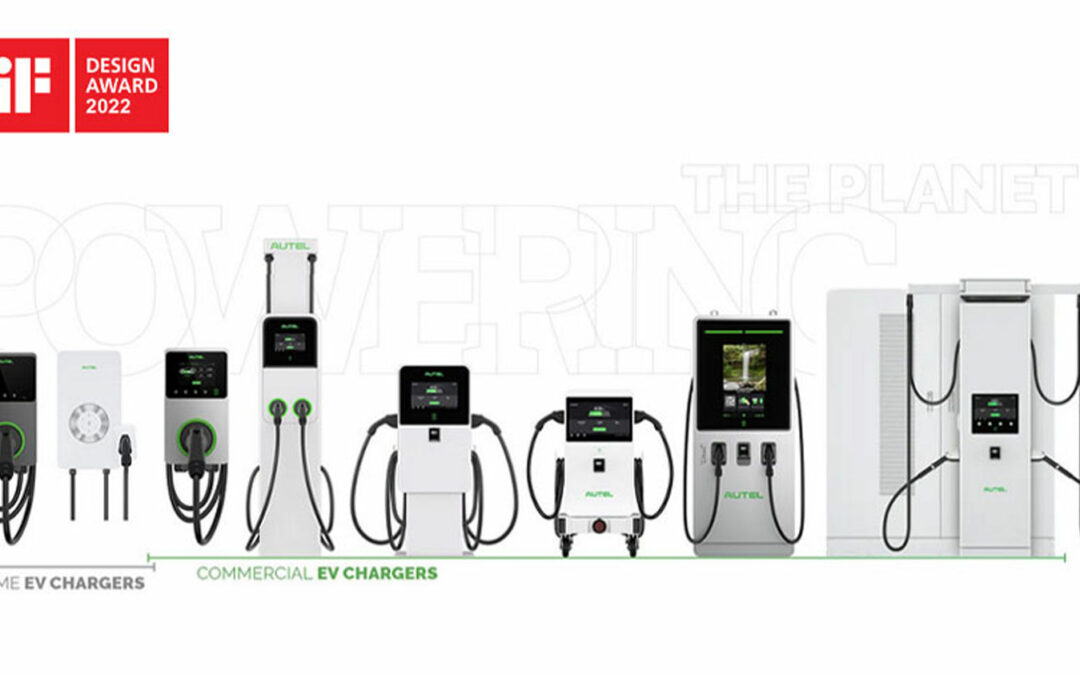Why Install an EV Charger at Home?
With the rise of electric vehicles (EVs) as a sustainable alternative to traditional gasoline cars, many homeowners are considering installing an EV charger at home. Not only does having a home EV charger bring unparalleled convenience, but it can also increase the value of your property and significantly reduce your carbon footprint. This comprehensive guide will walk you through everything you need to know about installing an EV charger at home, from selecting the right charger to understanding the installation process and exploring potential incentives.
Choosing the Right EV Charger for Your Home
1. Understanding Charger Levels
Before diving into the installation process, it’s important to choose the right type of charger for your needs:
-
Level 1 Chargers: These chargers can be plugged into a standard household outlet (120V) and are typically the slowest type of EV charger, generally providing about 4-5 miles of range per hour of charging.
-
Level 2 Chargers: Offering significantly faster charging, Level 2 chargers require a 240V outlet and can provide about 20-25 miles of range per hour. These are the most common type of home EV charging stations due to their efficiency.
Focus Keyword: “at home ev chargers”, “electric car charging at home”
2. Features to Consider
- Smart Charging Capabilities: Many modern EV chargers come with smart features that allow you to control charging times and monitor energy usage via a smartphone app.
- Cable Length: Ensure the charging cable is long enough to easily reach your vehicle from the charger’s installation point.
- Weather Resistance: If you plan to install the charger outdoors, look for models that are weather-resistant and durable.
The Installation Process
1. Site Assessment Before installation, assess the proposed location for your charger. Consider proximity to your home’s electrical panel and where your vehicle is parked. Hiring a professional for a site assessment can help determine the best spot for installation and any potential challenges.
2. Hiring a Professional Installer Installing a Level 2 home charger typically involves electrical work that may be beyond the average DIY project. It’s advisable to hire a certified electrician experienced in EV charger installation. They will ensure that the installation meets local building codes and electrical standards.
3. Understanding the Cost The cost of installing an EV charger can vary widely based on the type of charger, the complexity of the installation, and local labor rates. On average, the installation can cost anywhere from $500 to $2,000. This is in addition to the cost of the charger itself, which can range from $200 to $700 or more, depending on the features and brand.
Incentives and Rebates
Many states and local governments offer incentives and rebates for installing EV chargers at home, which can significantly reduce the overall cost. These incentives might include tax rebates, grants, or cost-sharing programs. Check local resources or visit the U.S. Department of Energy’s website to find out what incentives are available in your area.
Focus Keyword: “electric car charging at home”
Enhancing Your EV Experience at Home
Installing an EV charger at home is an investment in convenience and sustainability. Not only does it make charging your EV as easy as charging your smartphone, but it also prepares your household for a future where electric cars are the norm. With the right planning and professional help, you can enjoy all the benefits of home EV charging with minimal hassle.


